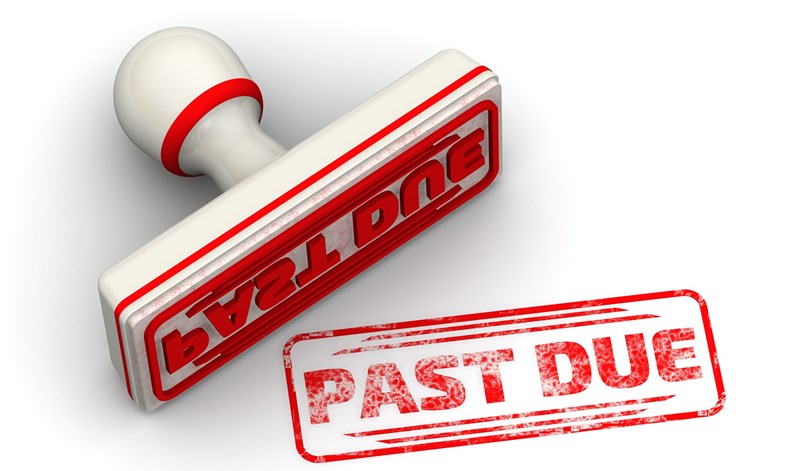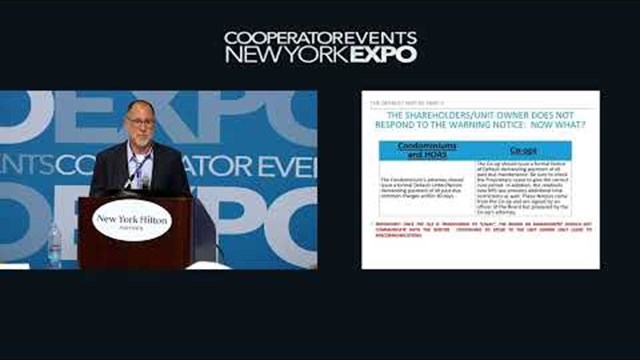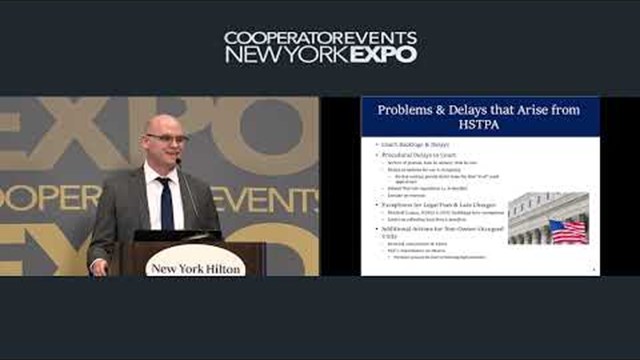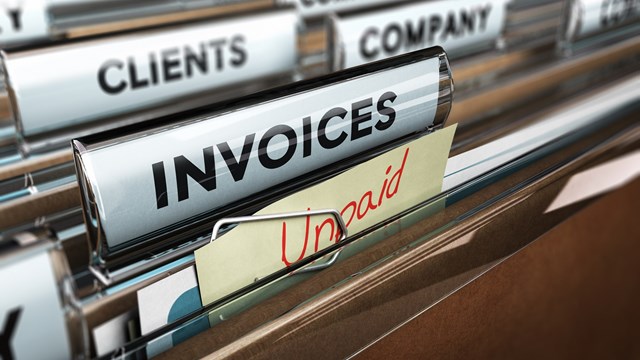A recent article on a real estate website posed a common question: What’s the best way for a condo board to collect unpaid common charges?
The author of the article - presumably an attorney - gave some pretty good advice…and some not so good advice. The first piece of advice was that the condo board ‘be proactive’ - and that part is spot-on. But the question remains; what does ‘proactive’ look like, exactly?
To an attorney, ‘proactive’ naturally looks like litigation, which to a certain extent is more a legal process than a collections one, meant to enforce the security interest of the association through foreclosure. Even the Supreme Court, in the case obduskey v. mccarthy & holthus llp stated that non-judicial foreclosure is not the act of collections, and that attorneys are not subject to Fair Debt Collection Practices Act FDCPA regulations.
So should a condominium foreclose on a delinquent property? The answer is yes - but only after all other attempts to work it out with the owner have been deployed. Foreclosure is there, but nowadays there is a lot of equity in properties, and there is money to collect from that equity. For example, if the association’s first move is to record a lien, that will prevent the delinquent owner from accessing their equity through a Home Equity Line of Credit (HELOC), and paying the association. A lien is often the first thing an attorney can think of, and indeed it’s the only thing they can do and will do - but a lien takes away one of the many channels an association can use to collect money.
The attorneys suggest that the board take their direction from the building’s bylaws, which is always a good place to start - but not all collection solutions are contemplated in an association’s bylaws. As time and technology evolve, so do the options a community association has to collect monies owed.
Here are some actions that a board can take on their own before seeking out professional help:
- Send courtesy notices to delinquent owners with a breakdown of charges to let them know what they owe
- Charge the owner late fees and interest as per the community’s CC&Rs.
- Intercept rent from the tenants of delinquent owners
- If permitted in the association’s bylaws and legally possible, suspend a delinquent owner’s access to amenities
All these things should be done, but there is so much more that can be done to recover delinquent assessments, at no cost and no risk to the association. Some of those other efforts include:
- Outbound phone calls to work it out with the owners and come to an agreement to pay - or at least get on a reasonable payment plan. (Inbound calls are very important as well - though law firms rarely have collection call centers that can access an association’s ledgers.)
- Payment Plans are always helpful. If the board has formulated a Uniform Collections Policy, they can determine the criteria for a payment plan, including the length of time allotted for its completion
- Skip Trace the owner to find out their contact information and if they are in bankruptcy, probate, and if they are employed. These are important things to know to reach out and collect
- Establish a fact pattern and look for any liens and other encumbrances on the property
- Send the file to a specialized community association collection agency that will work on a merit basis
- Pull the mortgage from the court docket and calculate how much is due on the loan, and after all encumbrances have been figured in using a comparative market analysis determine the equity in the unit. (A good collection company will do this first thing.)
- Make a bank demand to the owner’s mortgage lender as per the condo rider. Banks don’t want associations foreclosing on a unit and taking title. It’s their collateral, so they often pay the assessments, then add that amount to the owner’s loan.
- Integrate your technology — in the community association world, value and price are at a premium. The only way a community association can achieve efficiency of scale is to have their accounting software interfaced with their platform.
There’s no question that condominiums are creatures of statute, but community association attorneys are NOT debt collectors. They do not engage in collections activity; rather they are ‘security interest enforcers.’ They lien and foreclose - and upon the completion of a successful lien or foreclosure, the only thing left in the association’s hands is an encumbered deed and an attorney bill. To monetize the judgment, the association would need to find a buyer in the association/lien foreclosure — and if they don’t, then the association can either sit on the unit waiting for the bank to foreclose, or rent the unit out.
Money Judgments
There is no good reason for a community association to seek out a personal money judgment on a delinquent owner. Why seek out a monetary judgment when the property itself is the collateral for the association’s security interest? A monetary judgment converts a lien that runs with the property (in rem) to an obligation that is personal (in persona), creating havoc when a new buyer comes along and buys the unit. That money judgment amount is a personal obligation, so the new buyer does not have to pay for it; the recovery upon a sale will be the amount owed, less the amount of the money judgment. The association still has that money judgment, and can essentially go fish.
No matter the size of your association, having an enterprise-level collections solution serving your board and residents is a crucial component of your community’s administrative and fiscal health. Give us a call and allow us to give you a no-obligation, no-cost collections analysis and presentation, and see how the future collects.
Mitchell Drimmer, CAM, is President of Axela Technologies, a software company offering specialized collection solutions for condo and HOA communities nationwide.










Leave a Comment